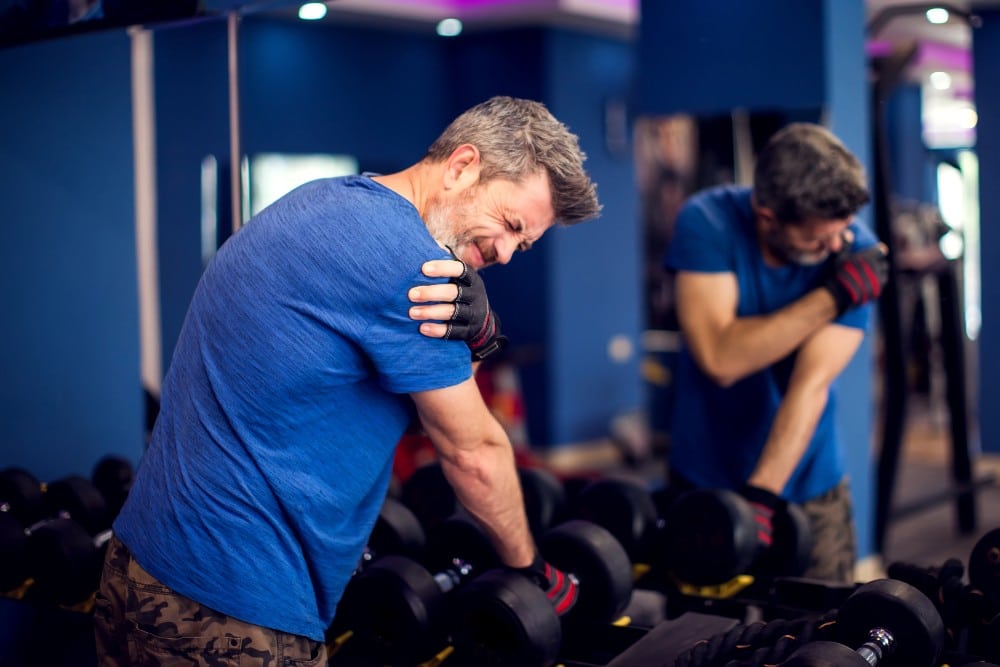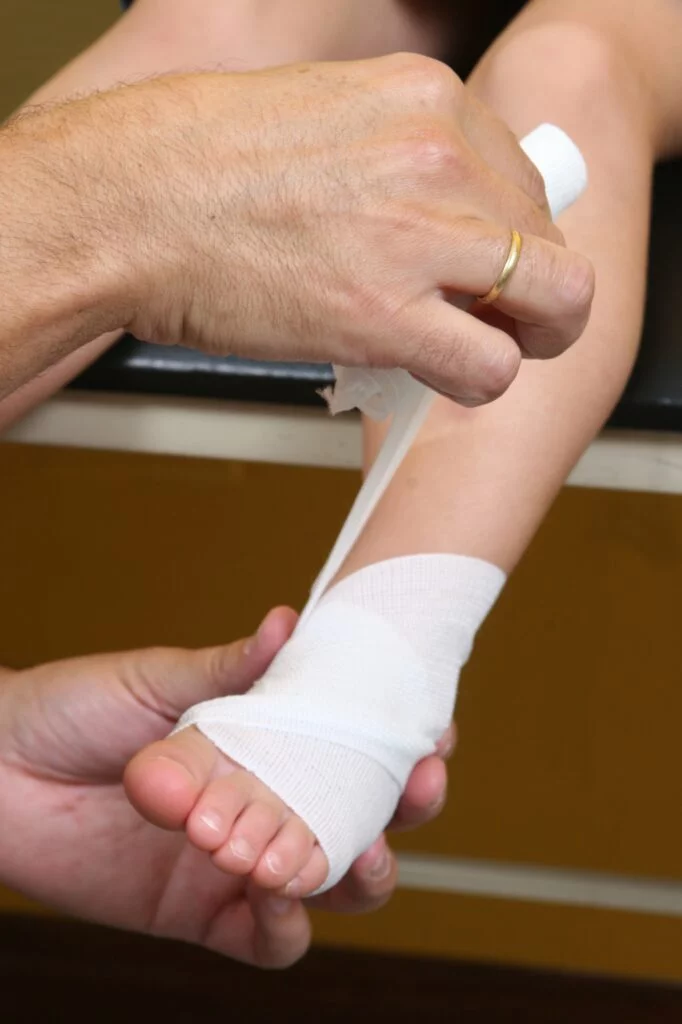Table of Contents
Introduction
If you are a regular swimmer, chances are good you have felt strain or pain in your shoulders at some point. Rest and over-the-counter pain medications usually help until you feel better, but if the pain is not improving or has you sidelined, ignoring the pain can worsen your injury. You may have developed swimmer’s shoulder.
What is Swimmer’s Shoulder?
Swimmer’s shoulder is a type of tendinitis – it is a painful condition caused by inflammation of the tendons in the shoulder. When the tendons become inflamed and swollen, they can put pressure on muscles, tendons, and bones nearby. Swimmer’s shoulder most often affects the rotator cuff – the muscles and tendons around the shoulder joint that keep the arm bone in the shoulder socket.
Swimmers are prone to this type of injury due to the repetitive nature of their stroke. It can also be caused by changing your stroke or increasing the intensity or duration of your practice.
Despite the name, swimmer’s shoulder is not limited to swimmers. Anyone who frequently reaches overhead or with forceful motion can suffer the strain. Activities like moving boxes, painting, baseball, and tennis can cause swimmer’s shoulder. It’s also common in careers that require repetitive or forceful reaching, like construction workers and electricians.
What are the Symptoms of Swimmer’s Shoulder?
Typical symptoms of swimmer’s shoulder include:
- Decreased range of motion in the affected arm, especially overhead reach.
- Instability in the affected shoulder.
- Muscle weakness or fatigue.
- Pain deep in the shoulder.
- Popping sound in the joint if there is a tear.
- Swelling in the shoulder.

What Causes Swimmer’s Shoulder?
Swimmer’s shoulder is a wear-and-tear injury – it happens from repetitive use of the shoulder joint, which can cause swelling. The irritation causes tiny tears in the tissue, which can lead to inflammation and scar tissue. The damage can keep the joint from moving the way it should. It is more likely to occur in people who have jobs or other activities that require:
- Awkward positions
- Frequently reaching overhead
- Repeated motions
- Vibration or forceful exertion
How to Prevent Swimmer’s Shoulder
You do not have to be an athlete to develop swimmer’s shoulder or to follow these tips for preventing it:
- Rest your shoulder at the first sign of fatigue or overuse.
- Stretch and warm up before exercising or playing any sport.
- Try to avoid repetitive stress on your shoulder.
- Use proper body mechanics at work or while exercising.
- Vary your activity, if possible.
If you are a swimmer, proper stroke technique is essential for preventing re-injury.
How to Treat Swimmer’s Shoulder
In most cases, the pain and inflammation can be treated successfully with conservative treatment. Leaving it untreated can lead to a painful tendon rupture requiring surgery.
Treatment Options
- Rest and ice – Your first steps may be to rest the shoulder and apply an ice pack for 10-15 minutes several times a day. It might be frustrating to sit out or take it easy, but your shoulder cannot heal if you continue the activity that injured it.
- Pain medication – Over-the-counter pain medications like nonsteroidal anti-inflammatory drugs (NSAIDs) can reduce inflammation and pain while you heal.
- Physical therapy – A physical therapist can teach you joint stabilization exercises, stretches, and strength training to help heal and strengthen your shoulder, and teach you how to prevent further injury. They might use treatment modalities like exercise, heat, ice, electrical stimulation, ultrasound, and taping.
- Steroid injections – Steroid (cortisone) injections reduce inflammation and provide temporary pain relief while your shoulder heals.
- Ergonomic adjustments – It may help to reduce the movements that cause pain. At home or work, that might mean repositioning items you would normally have to reach for.
- Surgery – When conservative treatments do not work, surgical removal of bone spurs and inflamed tissue may be the next option. Most people recover with careful rehabilitation and do not require surgery.
Contact Us Today for Help
Swimmer’s shoulder does not just keep you sidelined from the activities you enjoy, it makes everyday tasks difficult and uncomfortable. A healthy shoulder has the most range of motion of any joint in your body. It is in nearly constant motion throughout the day, but we often do not notice how much work our shoulder does until we are in pain. An injured shoulder can affect your every waking moment and disrupt your sleep.
Call us today to schedule a consultation about your shoulder pain or fill out our online contact form. Our offices in Carmichael and Roseville would love to hear from you. Our goal is to keep you doing the things you love!
Looking to schedule an appointment with a physician?
Schedule an appointment with us by calling (916) 961-3434 or by clicking the button below to begin requesting your appointment today!


